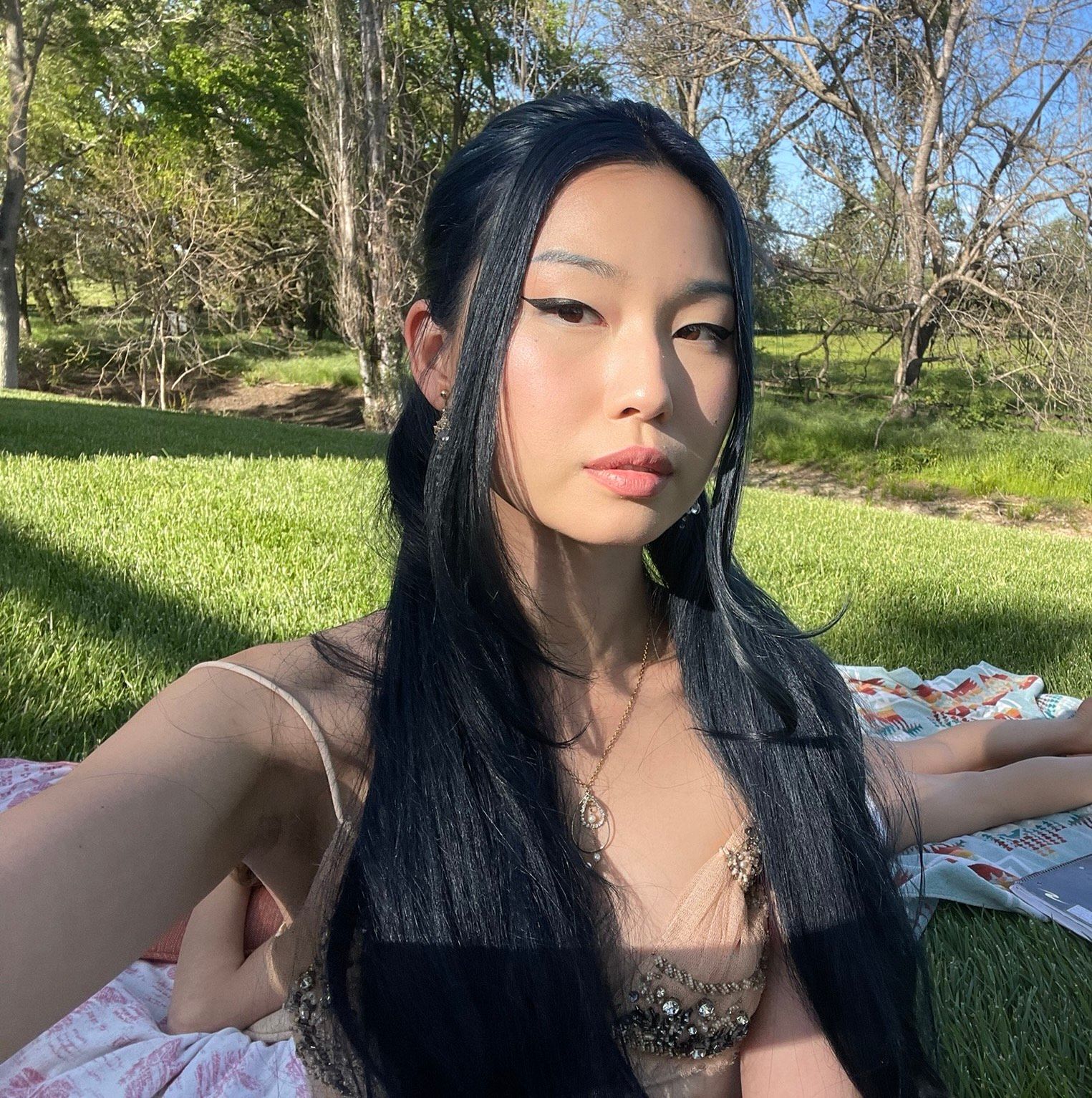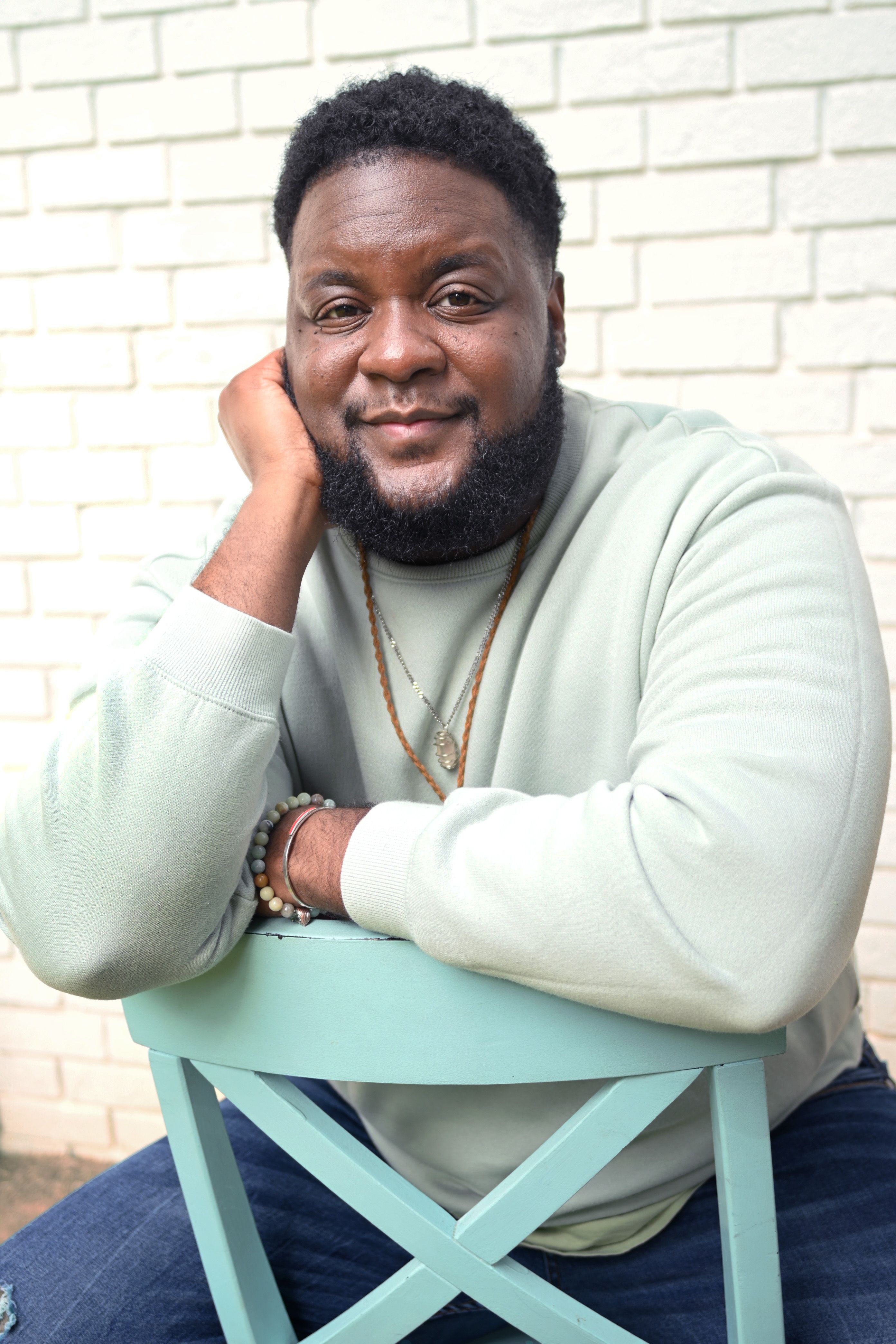My bestie is bisexual and is new to dating men. What’s the best way to show up for him?
Start by congratulating your friend, and being supportive of his decision to take this leap! Dating guys after only dating girls can feel scary at times, because it’s such new territory. Let him know that you’re definitely going to be there for him when things get confusing. Be sympathetic about freak-outs he may feel, especially regarding unfamiliar sexual routines, or different dating dynamics.
Sometimes, being bisexual means you basically have to learn how to date twice, which can definitely make you feel like a teenager all over again.
Your friend may want to start entering environments such as gay nightlife, or dressing more queer-coded. Joining him on a trip to the gay bar, or offering to help spice up his closet with a shopping trip, could make him feel supported and seen. Nevertheless, keep in mind that this is ultimately his own journey. Dating men as a bisexual man is not going to be the same experience as it is for a gay man, or a straight woman. He may feel insecure about whether he’s doing the right thing; he may plunge into a bender of dating only men, or feel spooked and want to go back to dating women (assuming that is what he was familiar with). Both of these responses, and anything in between, are totally valid, and are part of the journey to becoming comfortable with dating all genders. Don’t try to give unsolicited advice, especially if you aren’t bisexual yourself, and don’t judge him for his actions. Trust that he will eventually figure it out for himself. Above all, just encourage him, and let him know you’re going to support whatever he chooses to do.
I love that you want to know how to support your bestie, and I’m so glad you asked!
Bisexual people often encounter misconceptions about our sexual orientation that can make us hesitant to talk openly about our experiences.
Many people rely on their friends for solid emotional support as they navigate new dating experiences, regardless of who they’re dating. I know I did!
As I think about my own experiences with friends around the time I was beginning to understand myself as bisexual, I’m immediately reminded of my early experiences dating women prior to my gender transition. I was femme presenting, and I’d primarily dated men in the past. In my teens, I had disheartening conversations with people in my life about bisexuality. I was told that people can’t be bisexual despite their stating otherwise. These negative attitudes toward bisexuality certainly made it challenging to explore my sexual orientation, let alone share it openly.
I didn’t know how to tell my best friends I was dating women, and because of the myths about bisexuality I’d encountered in my late teens, I was so nervous about how they’d respond. What I wanted most from them was celebration, acceptance, and love. I wanted to know that the people closest to me would honor who I am and who I choose to love. I’ll never forget my childhood bestie saying, “I’ll always love you, and I’m honored you shared this part of yourself with me.” The celebration and love I received from her in that moment, I still cherish to this day! I felt even more connected to her than I was before; I didn’t know that was even possible.
The same things I wanted from my friends are things most people want when they share something new about themselves. They want to be accepted, affirmed, and celebrated for being their authentic selves.
With that in mind, the best way to show up for your friend is to ensure that he knows you celebrate him and you are there to support him. Make sure to check in on him and ask for updates on the people he’s dating. Ask him how he’d like you to support him through these new experiences. If he shares something you’re unfamiliar with, lean in and say, “You have to give me the update on that, I am so curious to learn more.” Showing enthusiasm about the new dating experiences he shares with you can help communicate your investment in showing up as one of his biggest supporters, as I’m sure you always have been.
Explore all questions, or read more about navigating the holidays
NFAQ is an educational guide for Not-So-Frequently-Asked questions, submit a question to expand this discussion.
HaveMoreQuestions?
NFAQ is an educational guide for Not-So-Frequently-Asked questions, submit a question to expand this discussion.



